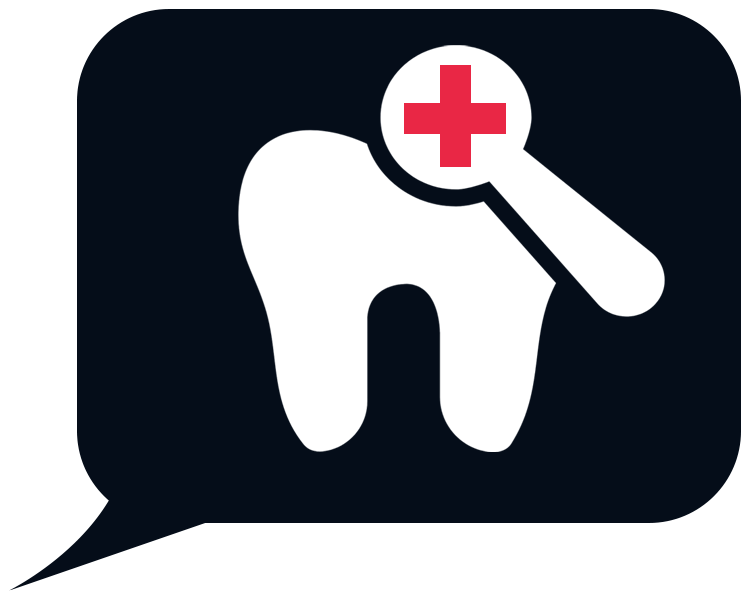TMJ-TMD Treatments

If you experience a dental emergency, please contact our practice immediately. For after-hours emergencies, call our emergency phone number, and an on-call staff member will assist you. If you are unable to reach us, dial 911 for immediate assistance.
If you’re experiencing persistent jaw pain, headaches, clicking or popping sounds when you chew, or difficulty opening and closing your mouth, you may be suffering from TMJ-TMD (Temporomandibular Joint Disorder). Left untreated, TMJ issues can worsen over time, leading to chronic discomfort, difficulty eating, and even long-term damage to your jaw joint. At our clinic, we specialize in diagnosing and treating TMJ-TMD with customized solutions that relieve pain and restore function. Don’t let jaw pain take over your life—schedule a consultation today and take the first step toward lasting relief and improved jaw health.
Frequently Asked Questions About TMJ-TMD Treatments
TMJ-TMD refers to disorders affecting the temporomandibular joint (TMJ), which connects your jaw to your skull. Dysfunction in this joint can cause jaw pain, headaches, ear discomfort, and difficulty chewing. TMJ disorders can result from stress, teeth grinding (bruxism), injury, or misalignment of the jaw.
TMJ-TMD symptoms vary but often include:
- Jaw pain or tenderness
- Clicking, popping, or locking of the jaw
- Headaches or migraines
- Ear pain or ringing (tinnitus)
- Facial pain or swelling
- Difficulty chewing or a misaligned bite
If you experience any of these symptoms, a professional evaluation can help determine the best treatment options.
TMJ disorders can be caused by a variety of factors, including:
- Teeth grinding (bruxism), which places excessive pressure on the joint
- Jaw misalignment, leading to uneven bite pressure
- Stress, which may cause jaw clenching
- Arthritis affecting the jaw joint
- Trauma or injury to the jaw
Identifying the root cause of your TMJ disorder is essential for effective treatment.
Our team will evaluate your jaw movement, listen for clicking or popping sounds, and check for tenderness or swelling. Advanced diagnostic tools, such as digital imaging and bite analysis, may be used to assess the condition of your temporomandibular joint and determine the best course of treatment.
Treatment options vary based on severity and cause but may include:
- Custom nightguards to prevent teeth grinding
- Oral splints to stabilize the jaw
- Physical therapy for improved jaw function
- Bite adjustment to correct alignment issues
- Botox therapy to relieve muscle tension
- Medication and relaxation techniques to reduce inflammation and stress
In severe cases, surgical intervention may be recommended, but most patients find relief with non-invasive treatments.
While some cases of TMJ disorder may resolve on their own, chronic TMJ-TMD requires ongoing management. Many patients find long-term relief through lifestyle adjustments, bite correction, and stress reduction techniques. Regular dental checkups and following a customized treatment plan can help minimize symptoms and improve jaw function.


